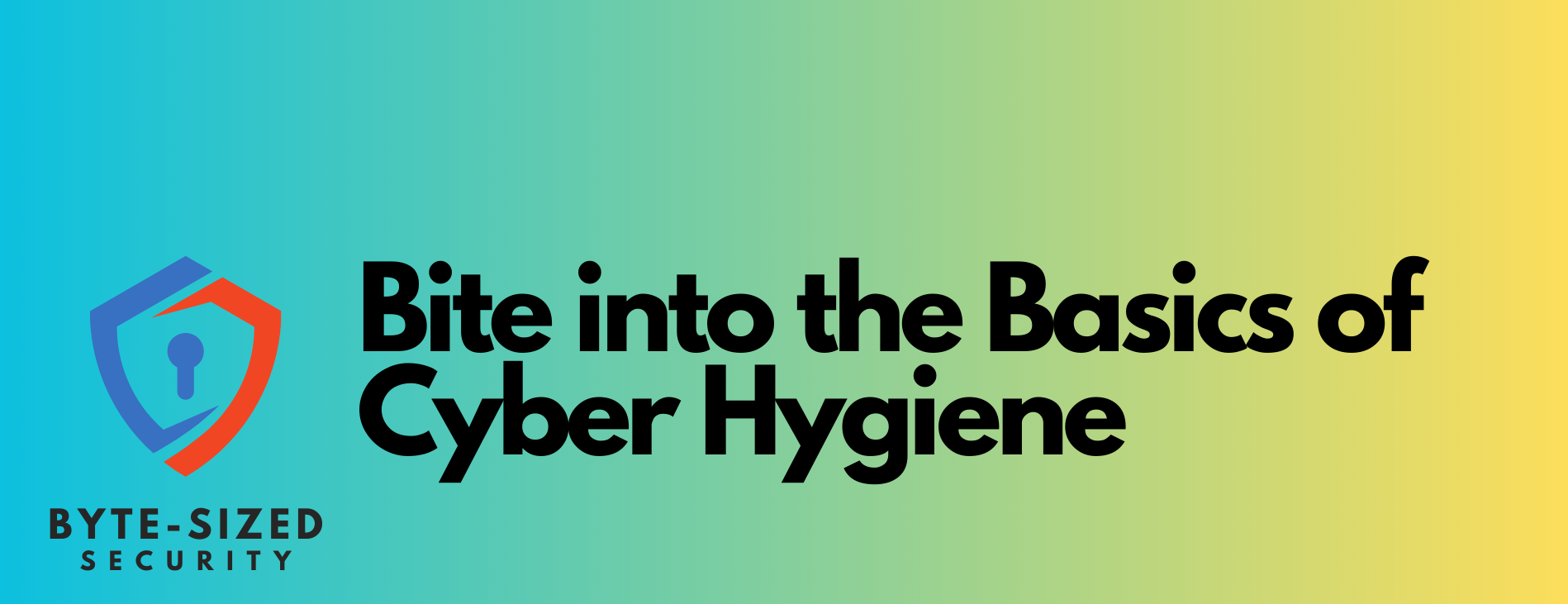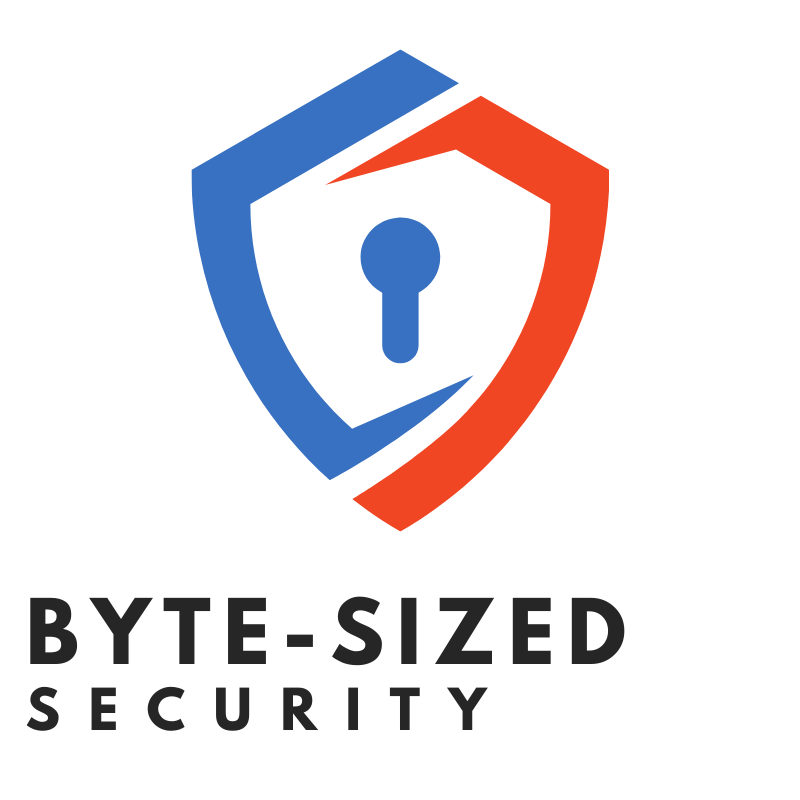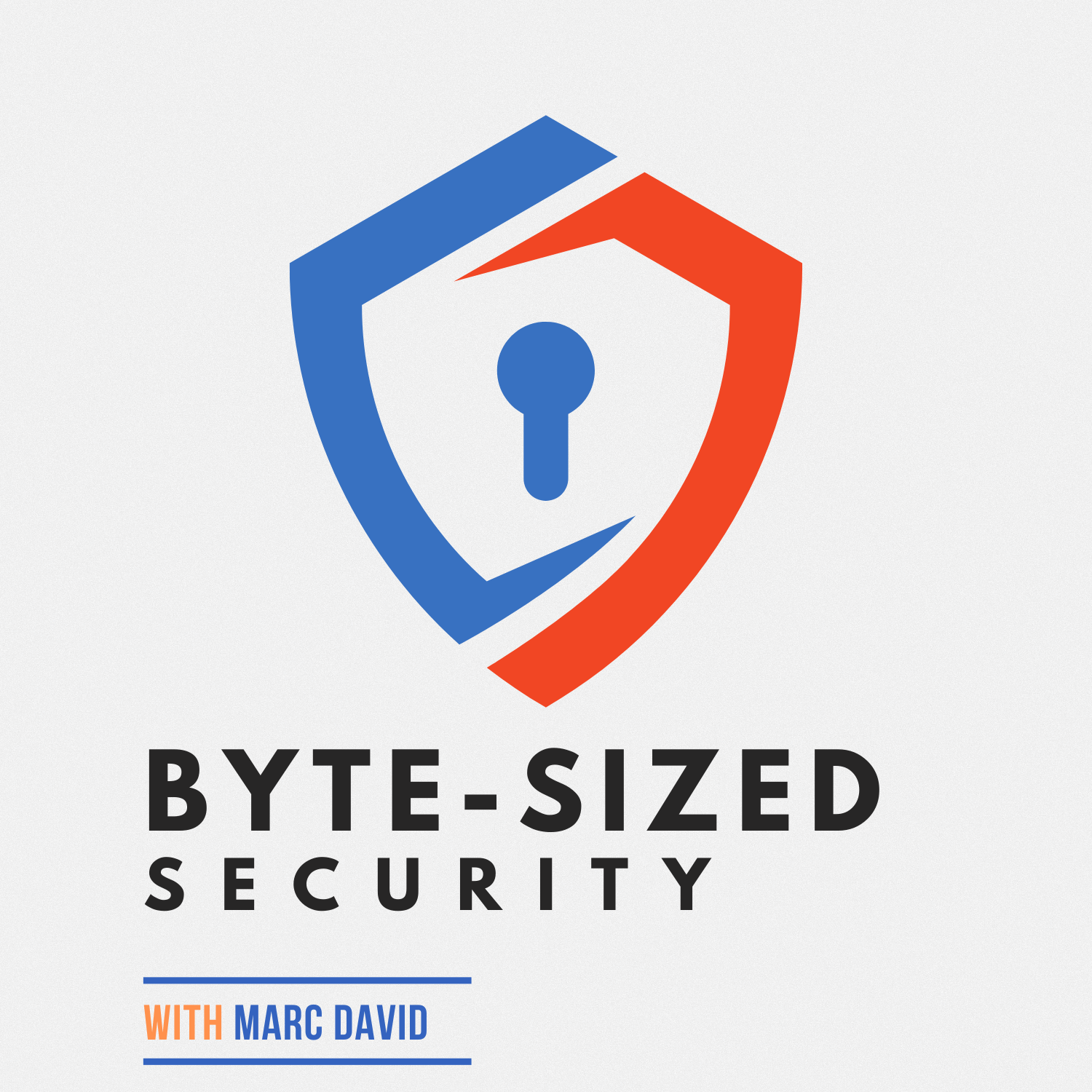Ep33: Do you really need to know Python or coding to be a great cybersecurity engineer?
Do You Need Coding Skills to Succeed as a Security Engineer?
In this episode, we debunk the myth that coding expertise, particularly in Python, is essential for success in cybersecurity engineering. While many claim that coding skills are a gatekeeper in this field, the reality showcases a wide array of roles such as governance, risk and compliance (GRC), security awareness, and SOC analysis, which do not require deep coding knowledge. The ability to write simple, logical instructions can be helpful, especially in application security or cloud engineering roles. However, mastering core cybersecurity skills like threat modeling, vulnerability assessment, and incident response often has a greater impact. Additionally, AI tools are making coding tasks more accessible. We encourage you to focus on the skills that matter most for your desired cybersecurity role and not be deterred by the myth of mandatory coding expertise.
00:00 Introduction: Do You Need to Know Python for Cybersecurity?
00:06 Debunking the Coding Myth in Cybersecurity
00:26 The Role of Coding in Specific Security Roles
00:59 Core Skills Beyond Coding
01:07 Non-Coding Roles in Cybersecurity
01:34 The Impact of AI on Coding in Cybersecurity
02:12 Essential Skills for Cybersecurity Professionals
02:38 Encouragement for Aspiring Security Engineers
---
I do hope you enjoyed this episode of the podcast. Here's some helpful resources including any sites that were mentioned in this episode.
--
--
Find subscriber links on my site, add to your podcast player, or listen on the web players on my site:
--
Support this Podcast with a Tip:
--
If you have questions for the show, feedback or topics you want covered. Please send a short email to marc@bytesizedsecurity.show with the Subject line of "Byte-Sized Security" so I know it's about the podcast.
Connect with me on TikTok: https://www.tiktok.com/@bytesizedsecurity
Transcript
Do you really need to know Python or
coding to be a great security engineer?
2
:Short answer.
3
:No.
4
:Many people claim that you must
know how to code or learn Python to
5
:succeed in cybersecurity engineering.
6
:Honestly, that feels like gatekeeping.
7
:I've also heard people say that
you can't call yourself a security
8
:engineer if you don't automate through
code, but that simply is not true.
9
:Automation can be beneficial, but
it's not a requirement for every role.
10
:Coding is important, especially in roles
like application security or staff,
11
:product security engineering, where
you work alongside software engineers,
12
:application security engineers.
13
:Or cloud engineers on code reviews,
Python scripts, or product contributions.
14
:However, insisting that every security
engineer needs to be a coding expert
15
:just keeps talented people away.
16
:In fact coding today often means being
able to write simple instructions clearly.
17
:It's about logic and problem solving
rather than complex programming.
18
:You can be an amazing security
engineer by mastering core skills,
19
:like threat modeling, vulnerability,
assessment, and incident response.
20
:There are many roles in cybersecurity
that do not require coding such as
21
:governance, risk and compliance GRC.
22
:Security awareness, training and
security operations center, SOC analysis.
23
:Those rules focus more
on policies, process, and
24
:monitoring rather than coding.
25
:Not every cybersecurity role requires
deep coding knowledge or Python skills.
26
:If you want to learn coding, or if
it's part of your desired role, go
27
:for it, it will help your career.
28
:AI tools, including AI
powered vulnerability.
29
:linters are also making Python coding
help, more accessible than ever, which
30
:is transforming how cybersecurity
professionals approach coding tasks.
31
:You don't need to be a
coding genius to succeed.
32
:Many of these tools can handle basic
to advanced code reviews, saving
33
:time for security and software
engineers during final code review.
34
:How much time is wasted on vulnerabilities
that require coordination between
35
:teams for review and research.
36
:AI can handle the initial work.
37
:Allowing engineers with code literacy.
38
:To resolve issues faster.
39
:Focus on the skills that
really matter in cybersecurity.
40
:Understanding system architecture,
performing risk analysis, building
41
:a strong security culture and
using security automation tools.
42
:Python can be useful, but
it's not always a requirement.
43
:These are often the skills that
make the biggest impact, depending
44
:on your cybersecurity role, you
may or may not need to know how
45
:to code or use Python at all.
46
:As a security engineer.
47
:Maturing and cybersecurity means
understanding the person who meets.
48
:100% of the job requirements.
49
:Probably exaggerated on the resume
while you might hesitate to apply
50
:with 60% of the qualifications.
51
:Apply anyway.
52
:If you're interested in breaking into
tech, remember that there are many
53
:different paths into cyber security.
54
:Without the gatekeeping.





